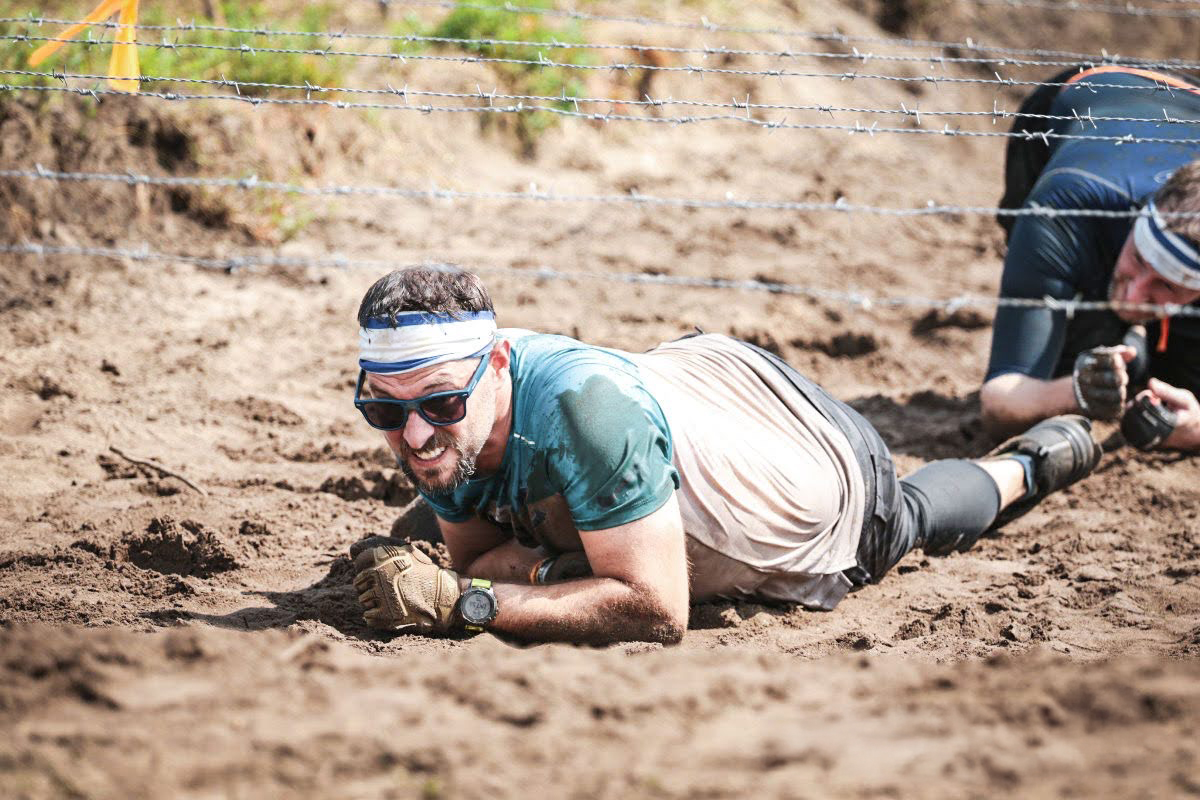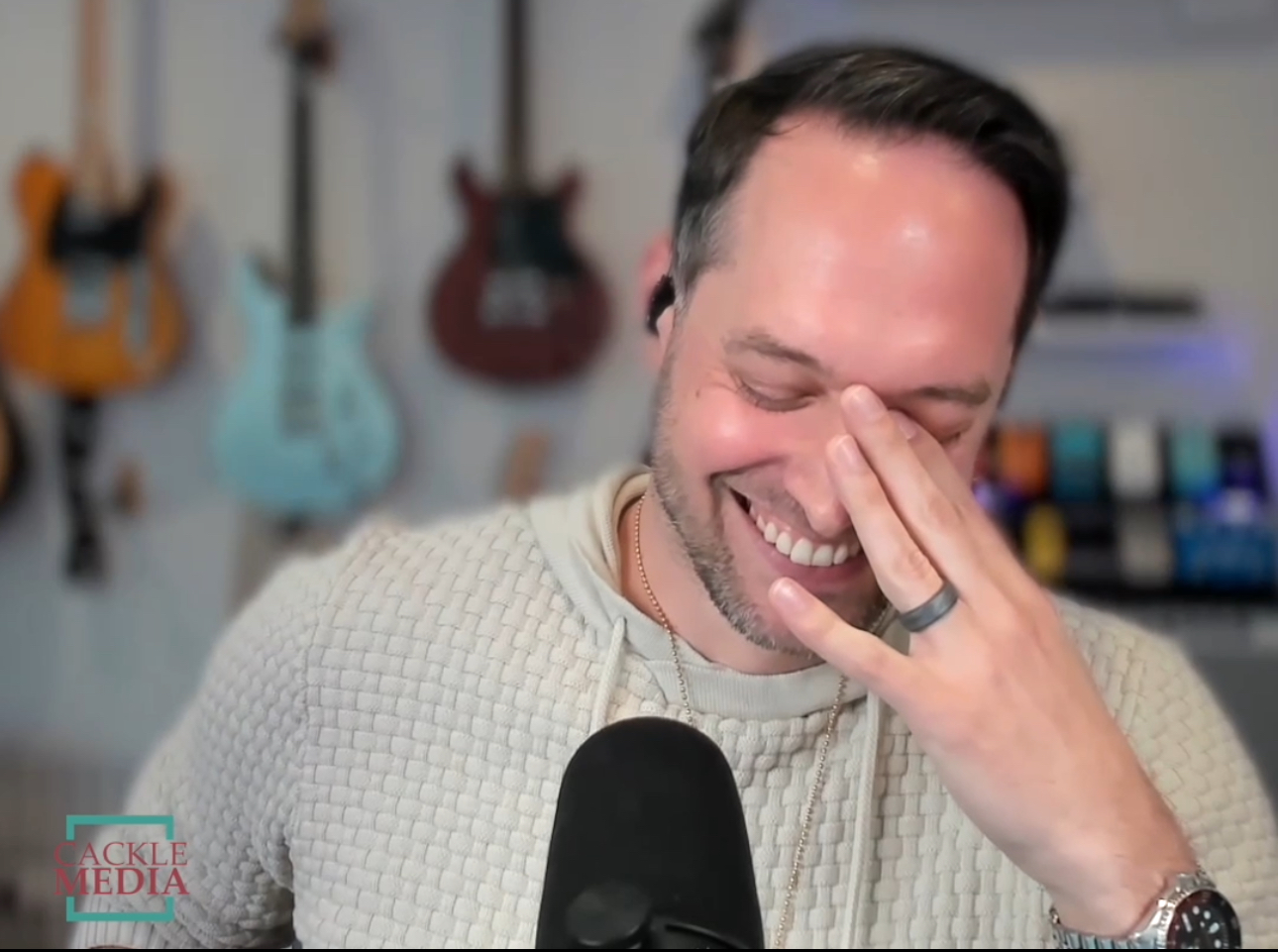We caught up with the brilliant and insightful Noah Mishkin a few weeks ago and have shared our conversation below.
Hi Noah, thank you so much for opening up with us about some important, but sometimes personal topics. One that really matters to us is overcoming Imposter Syndrome because we’ve seen how so many people are held back in life because of this and so we’d really appreciate hearing about how you overcame Imposter Syndrome.
Imposter syndrome is a natural feeling, or insecurity, very common for many people. Mine was quite present early on in business since I was not coming from a traditional business background or MBA, but rather as a practicing architect. So, sitting in a room or on calls with other individuals I assumed had far greater experience and training than myself was rather intimidating. The way I eventually learned to overcome the imposter syndrome was through natural authenticity. By being transparent when I was unfamiliar with a term, concept, or discipline, it both served to break any tension that existed in the room, making me more relatable, it also demonstrated that I was listening, curious, and processing the information presented. By “playing ignorance” or even being honest with my lack of understanding, it helped me get up-to-speed quickly while being someone others recognized cared about the mission and was purely genuine and authentic.

Great, so let’s take a few minutes and cover your story. What should folks know about you and what you do?
After leaving the professional world of practicing architecture to pursue an entrepreneurial journey of building a company, I was often asked if I had regretted the time and effort in my studies and practice of architecture only to abandon that career shortly into the experience. My typical response was to recognize that, regardless of outcome, all historical background and experiences are individually and cumulatively responsible for getting me to where I am. The follow-up to that point was in highlighting all of the skills I had developed as a student and practitioner of architecture have been so transferable in my career in such meaningful and less-than-obvious ways.
This led to the consideration and eventual decision for launching my podcast, Transferable Skills, where I speak with guests who have completely pivoted their careers while leveraging their past education, skills, and professional experience into a new and seemingly unrelated field. It is a show that will inspire you with how others have braved big and unconventional career changes, applying their transferable skills.
Media channel links for the show:
* https://open.spotify.com/show/1HsaLkedgLlgvEqYsA45X0
* https://www.instagram.com/cacklemedia/
* https://www.youtube.com/@CackleMedia
* https://www.tiktok.com/@cacklemedia
* https://www.linkedin.com/company/cacklemedia/

If you had to pick three qualities that are most important to develop, which three would you say matter most?
1. Intellectual curiosity – I am growth-minded, always interested in learning more to better understand a concept, challenge, or individual.
2. Authenticity – honesty, transparency and positive intent go a long way in relationships, which is a fundamental quality in determining success.
3. 360º Engineering – whether it’s literal material construction, spatial awareness, predictable or calculated outcomes, or social engineering (empathy, user experience, etc.)…understanding deeply how the world works and how humans operate has been instrumental in my ability to grow, accomplish more, and lead communities well.

Thanks so much for sharing all these insights with us today. Before we go, is there a book that’s played in important role in your development?
Years ago, while struggling to accept some of life’s typical challenges, unable to process external factors, mainly the subscription of others belief systems, ideals, standards, and expectations, a friend recommended I explore the stoic philosophies to help gain perspective and control of my mind and emotions. Among the few things I read, the most influential to me was Meditations by Marcus Aurelius.
* Focus on what you can control, and accept what you cannot: This is a central tenet of Stoicism which Marcus Aurelius repeatedly reminds himself that he cannot control external events, but he can control his own thoughts and reactions. This is a powerful idea that can help one to find peace and freedom in the midst of challenging circumstances. Stop being concerned about the opinions of others, and do not let their expectations dictate your life. Instead, focus on living according to your own values and principles.
* Journaling as a valuable tool for self-improvement: Journaling can help one reflect on his thoughts and actions and to strive to be a better person. Writing down thoughts, goals, and progresses can help with reflecting on past mistakes, and learn from them.
* Gratitude: Practicing gratitude and keeping a gratitude journal can help maintain a positive attitude and to appreciate the present moment.
* Take action: While it is important to accept what you cannot control, Stoics also believe that we should take action to improve our lives and the world around us. Do not be passive or resigned. Set goals, make plans, and take steps to achieve them.
Contact Info:
- Website: https://www.cacklemedia.com/
- Instagram: https://www.instagram.com/noahgmishkin/
- Linkedin: https://www.linkedin.com/in/noahmishkin/
- Youtube: https://www.youtube.com/@NoahMishkin



so if you or someone you know deserves recognition please let us know here.




